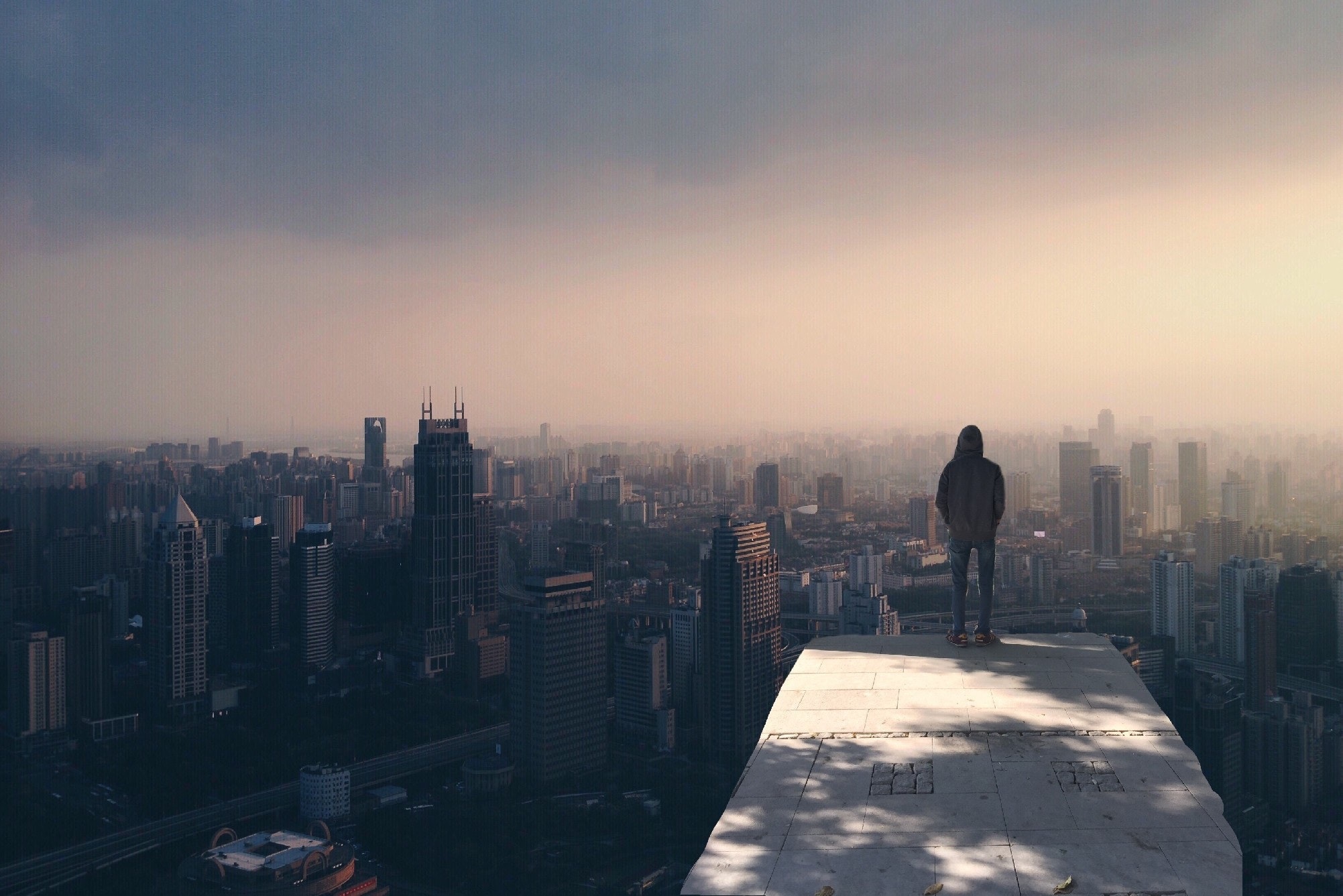Point At Issue: Is Skepticism Getting Out Of Hand?
Around the year 500 B.C., most ancient Greeks believed the earth was round. Pythagoras (580 – 500 B.C.) proposed a spherical Earth, largely on aesthetic grounds, but Aristotle (384-322 B.C.) supported it with theories: Ships disappear over the horizon, Earth’s round shadow during a lunar eclipse, different constellations visible at different latitudes. Erastothenes (276 – 194 B.C.) went a step further than the scholars that preceded him. Although his manuscripts are now lost, other Greek historians and writers have described his technique. A Greek mathematician, Erastothenes calculated the circumference of the earth by observing the shadows that objects cast on the ground, and the distance between two cities, Syene and Alexandria. Erastothenes’ theory has been largely accepted, and thanks to images that innumerable spacecrafts NASA and other space agencies around the world have sent, we have substantial proof to show that the Earth is round.
On Jan. 24, 2016, Bobby Ray Simmons Jr., known professionally as rapper B.o.B, tweeted a picture of a sunset and wrote: The cities in the background are approx. 16miles apart... where is the curve? please explain this” Physicist Neil DeGrasse Tyson tweeted a bunch of tweets in response, with scientific evidence of the earth being flat, and further stated: “Flat Earth is a problem only when people in charge think that way. No law stops you from regressively basking in it.” That didn’t change B.o.B’s beliefs. He even started a GoFundMe campaign to get proof to support his flat-earth theory. And he is not alone. There is a Flat Earth Society which has more than a hundred thousand followers across social media websites like Facebook and Twitter. That’s one among numerous other flat earth societies. How can there be people who believe in flat earth societies when there is scientific proof of the contrary? Is this a sign of a larger tendency for people to question what is universally accepted?
Believers in the flatness of earth are just one part of a larger population of people who come up with counter explanations for every theory or incident that is widely accepted to be true. A 2013 poll by Public Policy Polling (PPP) shows that 13 percent of the U.S. population believed that the U.S. government engages in so-called “false flag” operations. These “false flag” operations are believed to be terrorist or mass shooting that the government plans and executes, and blames it on others. What leads us to come up with outlandish explanations for our doubts into popular beliefs? What leads us to believe in conspiracy theories? In an article published in the online magazine Aeon, professor of social and legal psychology at the Johannes Gutenberg University Mainz, Roland Imhoff states different reasons for people’s belief in conspiracy theories. One of these reasons is a sense of a profound lack of control of their own lives, whether due to randomness or due to the machinations of others.
Imhoff also worked with a team of other researchers in order to test their theory that accepting conspiracy theories might stem from a deep-seated need for uniqueness. His team even invented a conspiracy theory from scratch, about an issue in Germany, and studied the responses of US citizens. The study substantiated their claims that people with a conspiracy mentality were more inclined to believe in a theory if only a minority believed in it. In short, the more unique the belief, the more inclination of someone with conspiracy mentality to believe. Is uniqueness the only reason? Roland Imhoff’s article and the accompanying study does prove it extensively, but aren’t current conditions to be blamed? As much information that is accessible to us at the moment, it is also ripe for misinformation. A Princeton-led study of fake news found that about 2.6 percent of all the hard-news articles in late 2016 were false articles.
In an article for The New York Times titled “YouTube, The Great Radicalizer”, writer, academic, and techno-socialist Zeynep Tufecki wrote about how YouTube’s algorithm seems to lead people towards more and more obscure and incendiary content which is the “computational exploitation of a natural human desire: to look “behind the curtain,” to dig deeper into something that excites us.” Conspiracy theories cater to this idea. At its very core, a conspiracy theory requires you to believe in points that are not apparent at the outset. It requires you to reach far and find something that satisfies your inner tendency to question what is in front of you. Most people get their information online, which means that they are directly influenced by machine learning systems who decide what information people will be exposed to. They are bound to be skeptical about the internet when even websites like Google acknowledge that it is difficult to distinguish between what’s true, and what’s not. Google even announced a Google News Initiative specifically intended to support authoritative journalism.
In the midst of all this, it might be a case of being too curious for our own good. A healthy skepticism for ideas is good. It helps us process information and reach a deeper understanding. However, if skepticism is given free rein, it only leads to a tendency to get sucked into the vortex of doubt. With the tools that we have available at our disposal, there isn’t necessarily a way out of this vortex. It might be a cause for concern if people don’t display a sense of awareness of when their skepticism has crossed boundaries and is just too much.

